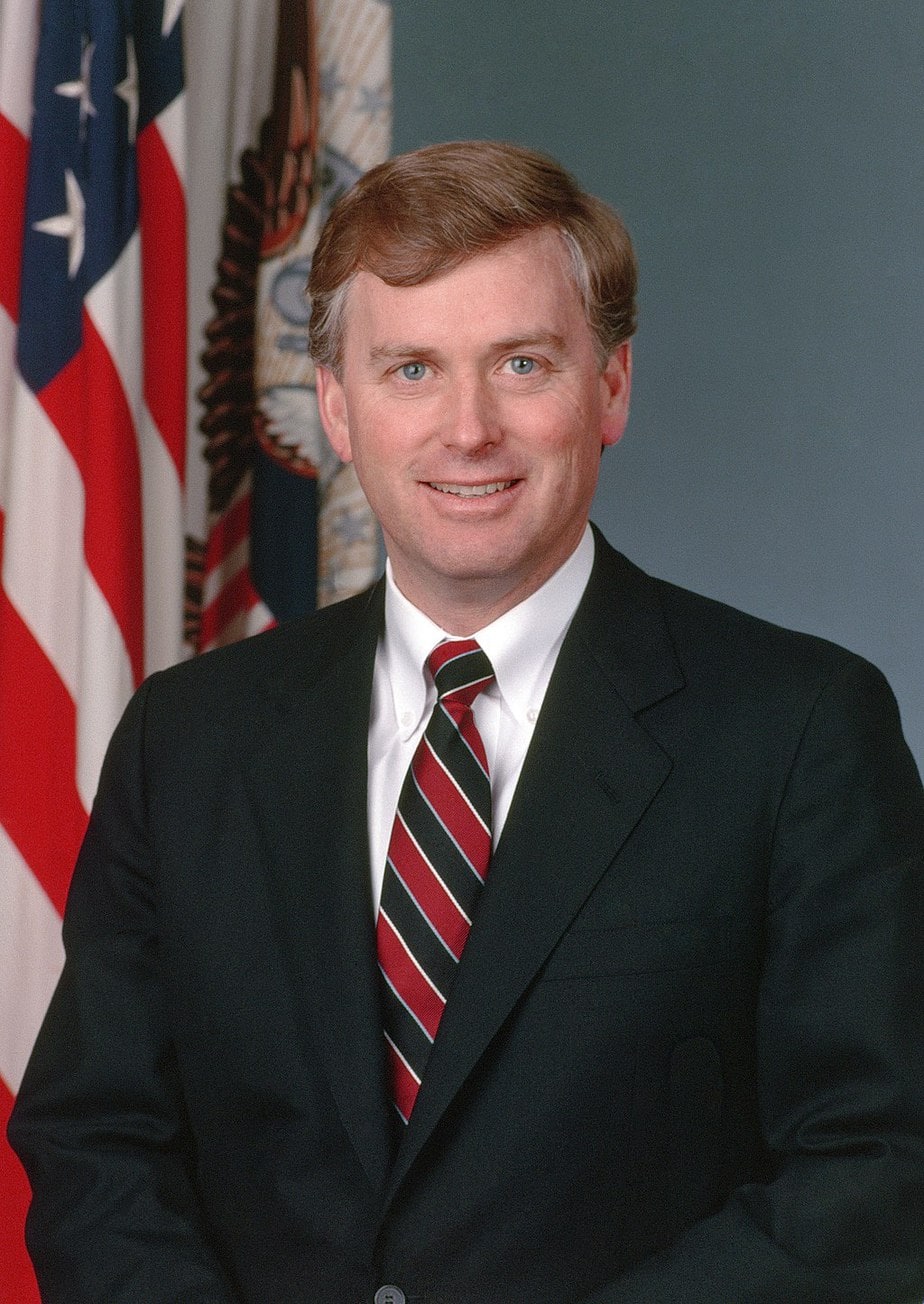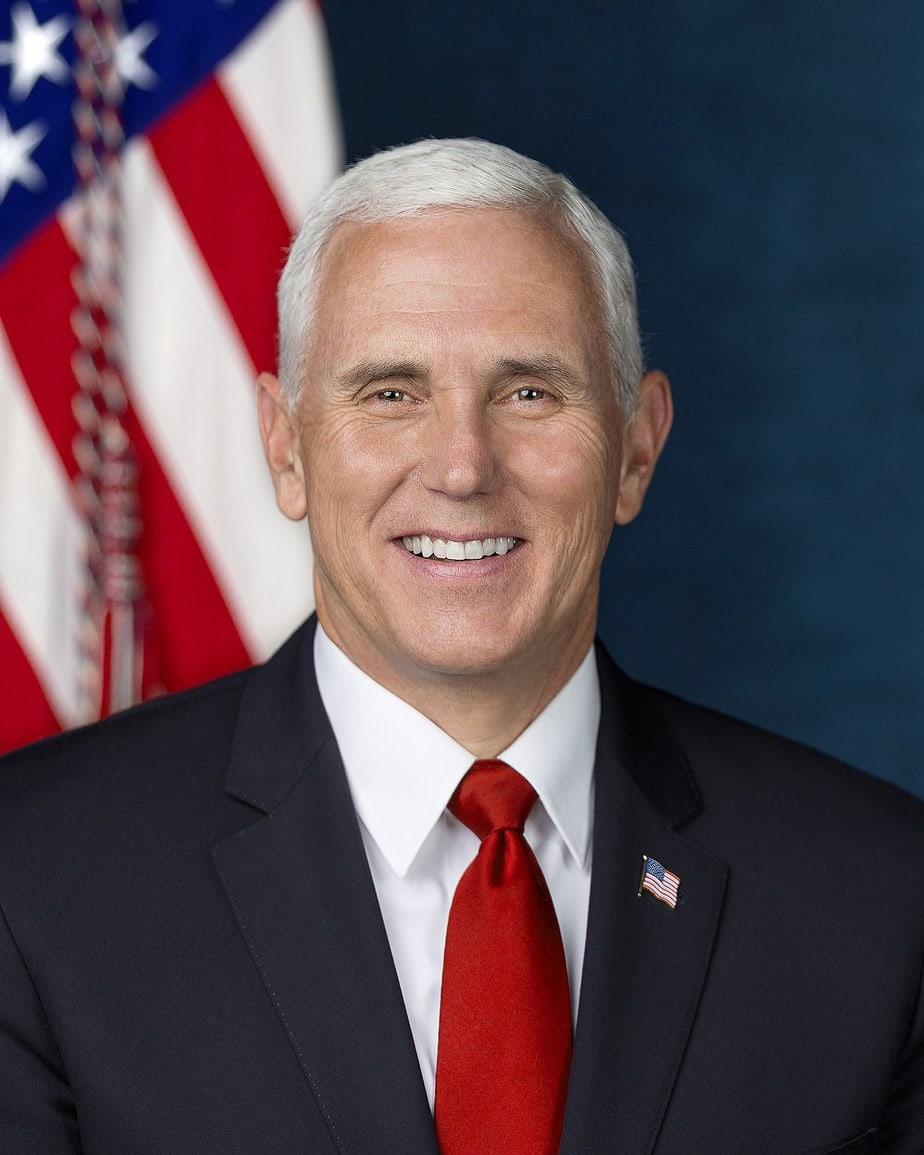Who Was The Youngest US Vice President? A Comprehensive Look
When it comes to the history of the United States, the office of the Vice President has seen many remarkable figures, including the youngest US Vice President, a role that has been filled by individuals who have made significant contributions to the nation's governance. This article dives deep into the life, achievements, and legacy of the youngest person to ever hold this prestigious position. If you're curious about who this historical figure is, read on to uncover the fascinating story behind this milestone in American political history.
The Vice Presidency is one of the most critical roles in the U.S. government, yet it is often overshadowed by the Presidency. However, the individuals who have held this office have played pivotal roles in shaping the nation's political landscape. Among them, the youngest US Vice President stands out as an inspiring example of leadership and dedication.
In this article, we will explore the life and career of the youngest Vice President, examining their journey to the White House, their accomplishments, and the lasting impact they left on American politics. Whether you're a history enthusiast or simply curious about the individuals who have shaped the U.S. government, this article will provide you with all the information you need.
Read also:Credit Sesame Login Your Ultimate Guide To Unlocking Financial Insights
Table of Contents
- Biography of the Youngest US Vice President
- Early Life and Education
- Political Career
- Key Achievements as Vice President
- Duties and Responsibilities of the Vice President
- Historical Context of the Youngest Vice President
- Legacy and Impact
- Fun Facts About the Youngest Vice President
- Comparison with Other Young Leaders
- Conclusion
Biography of the Youngest US Vice President
Before we delve into the specifics of the youngest US Vice President's tenure, it's essential to understand who this remarkable individual was. The youngest person to ever hold the office of Vice President is none other than John C. Calhoun, who assumed the role at the age of 48 during his time as Vice President under John Quincy Adams.
Calhoun's life and career were marked by a deep commitment to public service and a strong belief in states' rights. His tenure as Vice President was not only notable for his youth but also for the significant impact he had on American politics during his time in office.
Early Life and Education
John C. Calhoun was born on March 18, 1782, in Abbeville District, South Carolina. His early life was shaped by the values and traditions of the South, which would later influence his political philosophy. Calhoun's education began at a local academy, where he excelled in his studies. He later attended Yale College, graduating with honors in 1804.
After Yale, Calhoun pursued a legal education at the Litchfield Law School in Connecticut, one of the most prestigious institutions of its kind at the time. His legal training provided him with the skills and knowledge necessary to enter the world of politics, where he would make a lasting impact.
Political Career
Calhoun's political career began in earnest when he was elected to the South Carolina House of Representatives in 1808. From there, his rise was rapid, and he soon became a prominent figure in national politics. He served in the U.S. House of Representatives, where he earned a reputation as a fierce advocate for Southern interests.
Calhoun's political philosophy was shaped by his belief in states' rights and limited federal government. These principles would guide his actions throughout his career, including during his tenure as Vice President. His commitment to these ideals made him a controversial but influential figure in American politics.
Read also:Call Chase Customer Service Your Ultimate Guide To Seamless Banking Support
Key Achievements as Vice President
As the youngest US Vice President, John C. Calhoun achieved several notable accomplishments during his time in office. One of his most significant contributions was his role in shaping the political landscape of the early 19th century. Calhoun was a vocal advocate for the Nullification Doctrine, which argued that states had the right to nullify federal laws they deemed unconstitutional.
In addition to his work on states' rights, Calhoun played a key role in several important legislative initiatives. He was instrumental in the passage of the Tariff of 1828, also known as the "Tariff of Abominations," which aimed to protect American industries from foreign competition. While controversial, this tariff had a lasting impact on the U.S. economy.
Duties and Responsibilities of the Vice President
The role of the Vice President has evolved significantly over the years, but during Calhoun's time, it primarily involved presiding over the Senate and serving as a tie-breaking vote when necessary. While the Vice President's duties may seem limited compared to modern standards, they were still crucial to the functioning of the federal government.
Calhoun's tenure as Vice President was marked by his dedication to fulfilling these responsibilities. He presided over the Senate with fairness and impartiality, earning respect from both his colleagues and the public. His leadership in this role helped set a standard for future Vice Presidents.
Historical Context of the Youngest Vice President
To fully appreciate the significance of John C. Calhoun's role as the youngest US Vice President, it's important to understand the historical context in which he served. The early 19th century was a time of great change and upheaval in the United States, with issues such as slavery, states' rights, and westward expansion dominating the political discourse.
Calhoun's rise to prominence coincided with the rise of the Democratic-Republican Party, which was led by figures such as Thomas Jefferson and James Madison. His political philosophy aligned closely with the party's ideals, making him a natural fit for leadership roles within the organization.
Legacy and Impact
John C. Calhoun's legacy as the youngest US Vice President is one of both achievement and controversy. While his contributions to American politics were significant, his strong advocacy for states' rights and the institution of slavery have made him a divisive figure in historical discussions.
Despite these controversies, Calhoun's impact on American politics cannot be denied. His ideas about states' rights and limited government continue to influence political debates to this day. His tenure as Vice President set a precedent for future leaders, demonstrating the potential for young, ambitious individuals to make a difference in the highest levels of government.
Fun Facts About the Youngest Vice President
Here are some interesting facts about John C. Calhoun:
- Calhoun was the first Vice President to resign from office, stepping down in 1832 to protest Andrew Jackson's policies.
- He was a prolific writer, producing numerous essays and speeches on political theory and governance.
- Calhoun's home, Fort Hill Plantation, is now a historical site and museum dedicated to his life and legacy.
Comparison with Other Young Leaders
While John C. Calhoun holds the distinction of being the youngest US Vice President, he is not the only young leader to have made a significant impact on American history. Other notable figures, such as Theodore Roosevelt and John F. Kennedy, also rose to prominence at a young age.
Roosevelt, for example, became the youngest President in U.S. history at the age of 42, while Kennedy was the youngest elected President at 43. These leaders, like Calhoun, demonstrate the potential for youthful energy and vision to drive change and progress in the nation.
Conclusion
In conclusion, John C. Calhoun's tenure as the youngest US Vice President marked an important chapter in American political history. His contributions to the office and his lasting impact on the nation's political landscape continue to be studied and debated by historians and scholars alike.
As we reflect on Calhoun's legacy, it's important to recognize both the achievements and controversies that defined his career. His commitment to public service and his belief in states' rights left an indelible mark on American politics, shaping the discourse for generations to come.
We invite you to share your thoughts on this article in the comments below. Do you agree with Calhoun's approach to states' rights? How do you think his legacy compares to other young leaders in American history? Don't forget to explore our other articles for more insights into the fascinating world of U.S. politics and history!
For further reading, consider consulting authoritative sources such as the Library of Congress and the National Archives, which provide invaluable resources for understanding the lives and careers of historical figures like John C. Calhoun.


